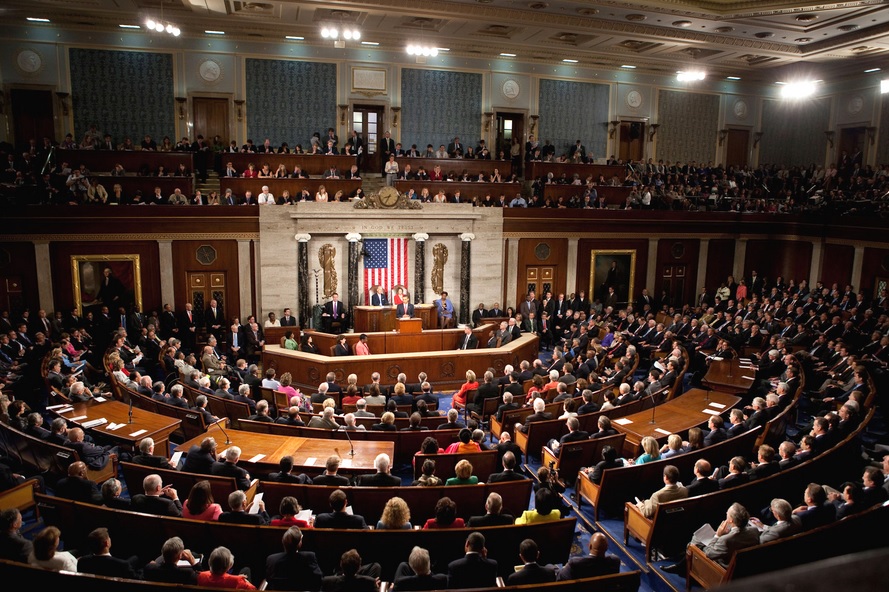With surging inflation, high gas prices, and workforce shortages, small businesses have suffered enough. Despite being wrongly called “tax loopholes” by some members of Congress, small business owners successfully urged the U.S. Senate to remove the new 3.8% small business tax from the Inflation Reduction Act of 2022 and ensured the House did not add it back in.
Instead, the direct tax was replaced with what is unfortunately expected to be an indirect tax. It doubles the size of the nation’s Internal Revenue Service, and stresses enforcement, audits, and examinations over much-needed attention to backlogs and compliance assistance. A greater compliance burden for small business owners will mean more time and resources that are already in short supply as Main Street battles inflation, supply chain disruptions, and workforce shortages. The law says it does not intend to increase taxes on any taxpayer or small business with a taxable income below $400,000, but similar protections are not afforded to the increased enforcement activities. According to the Congressional Budget Office (CBO), audit rates will “rise for all taxpayers.” Additionally, the Joint Committee on Taxation, Congress’s official tax scorekeeper, says that from 78% to 90% of the money raised would likely come from those making less than $200,000 a year. The new law includes hiring 87,000 new IRS employees over the next 10 years.
Now is not the time for Congress to add more taxes or costly regulations for small businesses. Please take a few minutes to send a message to thank your legislators for standing up for small business with their votes on the Inflation Reduction Act of 2022 or hold your lawmakers accountable for their votes against pro-small business policies.
Disclaimer: Articles featured on Oregon Report are the creation, responsibility and opinion of the authoring individual or organization which is featured at the top of every article.


